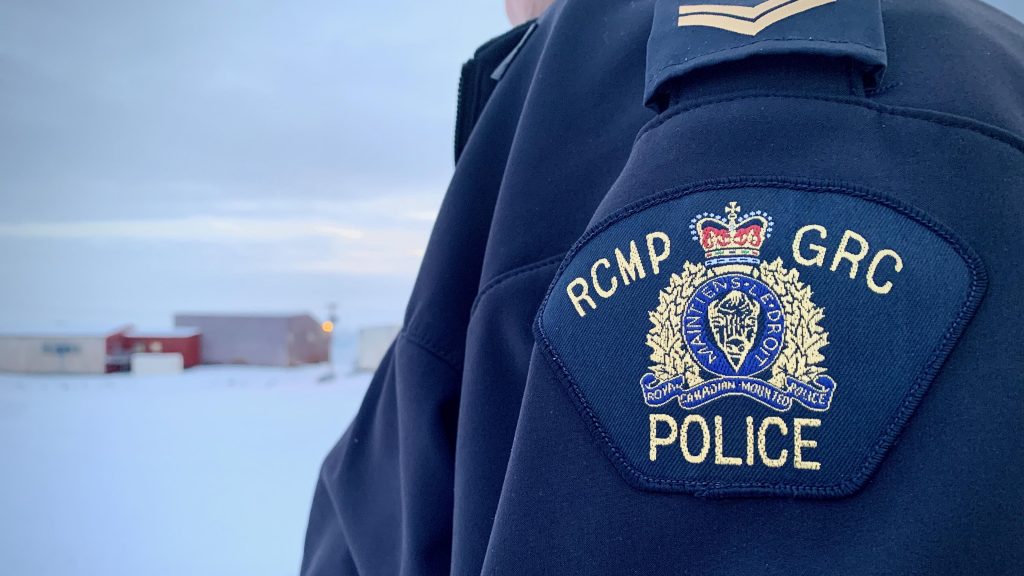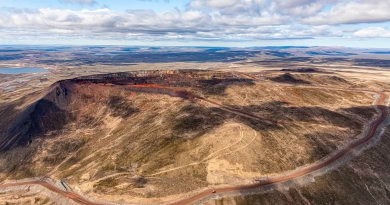RCMP body camera pilot project wraps up in Arctic Canadian city of Iqaluit

Last fall, the RCMP launched a trial run increasing the number of Iqaluit officers wearing cameras
A pilot project in which Iqaluit RCMP officers wore body cameras while working has wrapped up but concerns about accountability and trust remain.
Last fall, the Iqaluit RCMP launched a trial run increasing the number of Iqaluit officers wearing cameras, until all 53 were equipped in February.
Over the last six months, the RCMP received about 5,000 calls for service and 3,500 videos were captured. Ninety-one were redacted for court purposes. Three complaints were made against the force.
The RCMP also put out an online survey asking for the public’s feedback on the cameras. The results showed that most agreed or strongly agreed the cameras increased their trust in police, but only 23 people responded.
Amanda Jones, chief superintendent of the Nunavut RCMP, said despite some adjustments in the beginning, she considers the program a success.
“It went very well. We had a robust training program from the start with all officers getting four hours of training on the cameras,” Jones said.
Cameras come with heavy price tag
According to Stephanie Boydell, the chief executive officer of the Nunavut Legal Aid, her office handled some cases where the officers wore the cameras at work, but they would be turned on only after the initial interaction, or in some cases, the arrest.
“It didn’t start right at the very beginning of the interaction and it came on after,” Boydell said. “It’s flagged for us that there should be stricter oversight in terms of when an officer is permitted to not turn on the camera prior to engaging with an individual.”
Boydell also said that a camera only points in one direction, so it doesn’t capture everything.
“I don’t think it holds them accountable in the same way until we see a more broad and strict approach to when those cameras get turned on,” she said. “We’re still very much at the mercy of the officer turning on that camera.”
Kevin Walby, an associate professor with the University of Winnipeg’s criminal justice department, said body-worn cameras do not increase police transparency or accountability.
“There’s no guarantee that even if there is an image that is damning of police that police will release it,” Walby said.
The cameras also come with a heavy price tag, including storage capacity costs and pay for administrative staff to redact footage. Walby believes that money could be better spent elsewhere.
“I’m saddened by the fact that police and policy-makers have bought into the rhetoric of the companies that sell these cameras instead of actually listening to Canadians who are saying we want to address conflict and transgressions in a different way.”
According to Boydell, Nunavut Legal Aid wants to see the project expanded across the territory. The office has also prepared an internal memo that shares its interactions with the RCMP’s project and may be used as a formal feedback.
“We would just like to see [the RCMP] be a little bit more strict in their own policy in terms of when those cameras should be activated,” she said.
-With files from the Canadian Press
Related stories from around the North:
Canada: Arctic territory of Nunavut wants to stop relying on Ottawa police force to investigate police shootings, CBC News
Finland: Police response times up to an hour slower in Arctic Finland, Yle News
United States: Lack of village police leads to hiring cops with criminal records in Alaska: Anchorage Daily News, Alaska Public Media



